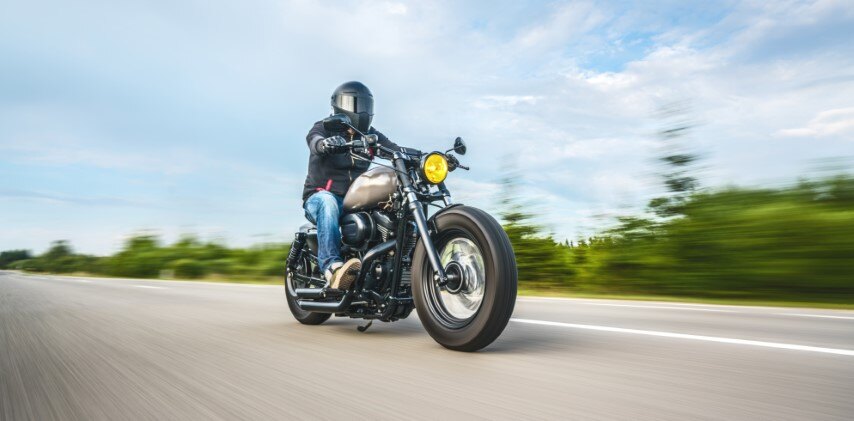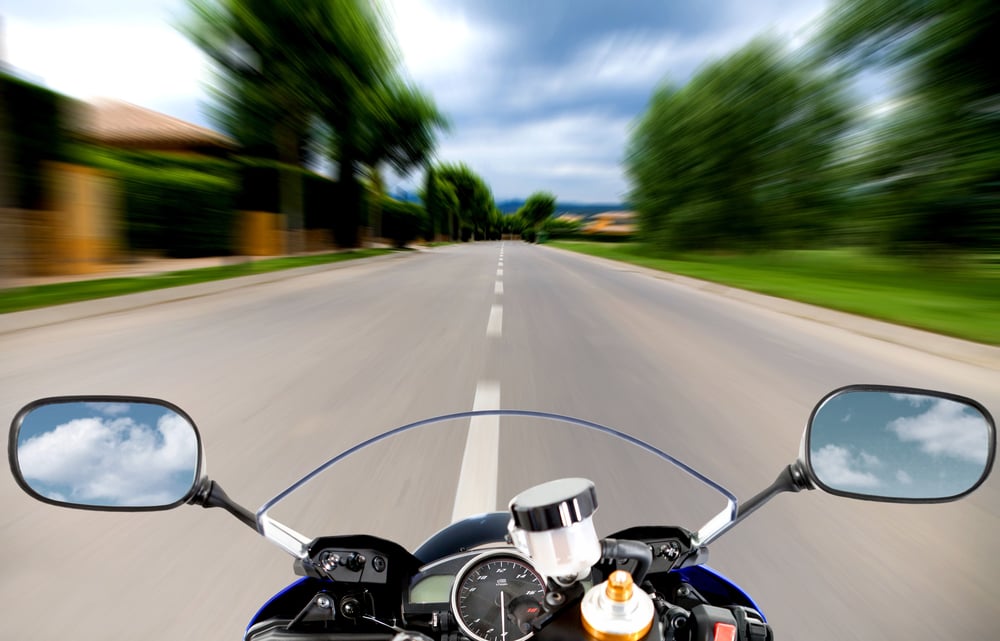Choosing the Right Type of Fuel for Your Motorcycle
There’s nothing like riding a motorcycle on the open road. For most of the world, the motorcycle or 2-wheel scooter is the most common form of...

A while ago, Bell’s master mechanic James Dunst wrote a blog post on diagnosing common engine noises. The focus of his advice was geared towards cars and trucks. But it seems there are plenty of motorcycle riders who are asking similar questions about their bikes.
 A common complaint is excessive motorcycle engine noise when accelerating. Float this question on motorcycle message boards, and you’ll head some two-pronged advice. The first suggestions is that it could have something to do with the big-end bearings or even piston-slap. If it’s the bearings, it will start out low and gradually get worse and worse as the bike ages. Piston slap happens when the piston rocks back and forth in the bore, usually contributed to by wear in areas like the piston skirt. It, too, starts out gradual and gets worse as time goes on. But a difference here is that piston slap noise actually get worse outside of acceleration.
A common complaint is excessive motorcycle engine noise when accelerating. Float this question on motorcycle message boards, and you’ll head some two-pronged advice. The first suggestions is that it could have something to do with the big-end bearings or even piston-slap. If it’s the bearings, it will start out low and gradually get worse and worse as the bike ages. Piston slap happens when the piston rocks back and forth in the bore, usually contributed to by wear in areas like the piston skirt. It, too, starts out gradual and gets worse as time goes on. But a difference here is that piston slap noise actually get worse outside of acceleration.
Bike riders who complain of acceleration noise may also want to try adjusting their riding habits. The noise they hear could be engine knock. Any engine will product knocking noise with a combination of low RPM, high gear and high throttle opening. A motorcycle specialist would advise you first to try simply downshifting when accelerating. Many times, this will fix the problem, which is great news considering it just saved you some major mechanical expenses that weren’t needed.
The last thing you could try is a higher octane fuel. This can be an easy fix if the noises are true knocking sounds. Octane rating is a measure of the fuel’s ability to resist premature denotation, which makes it more of the opposite to what people think it is. High octane rating burns more slowly than the opposite. And it may be just what you need to solve your noise problem. Some motorcycles like Harley Davidsons have a knock sensor that will adjust the timing of the engine to minimize the noise. Unfortunately, in fixing the noise, it takes a big chunk out of the motorcycle's performance. So switching to a higher octane gasoline should help in this area.
You may be interested in these related posts:

There’s nothing like riding a motorcycle on the open road. For most of the world, the motorcycle or 2-wheel scooter is the most common form of...

Registered motorcycles in the United States number around 10 million. And it’s a popular pastime, judging from the yearly increase of 500,000 bike...

A new motorcycle’s breaking-in period lasts for about the first 500 - 1000 miles on the road. This procedure is typically what manufacturers and...